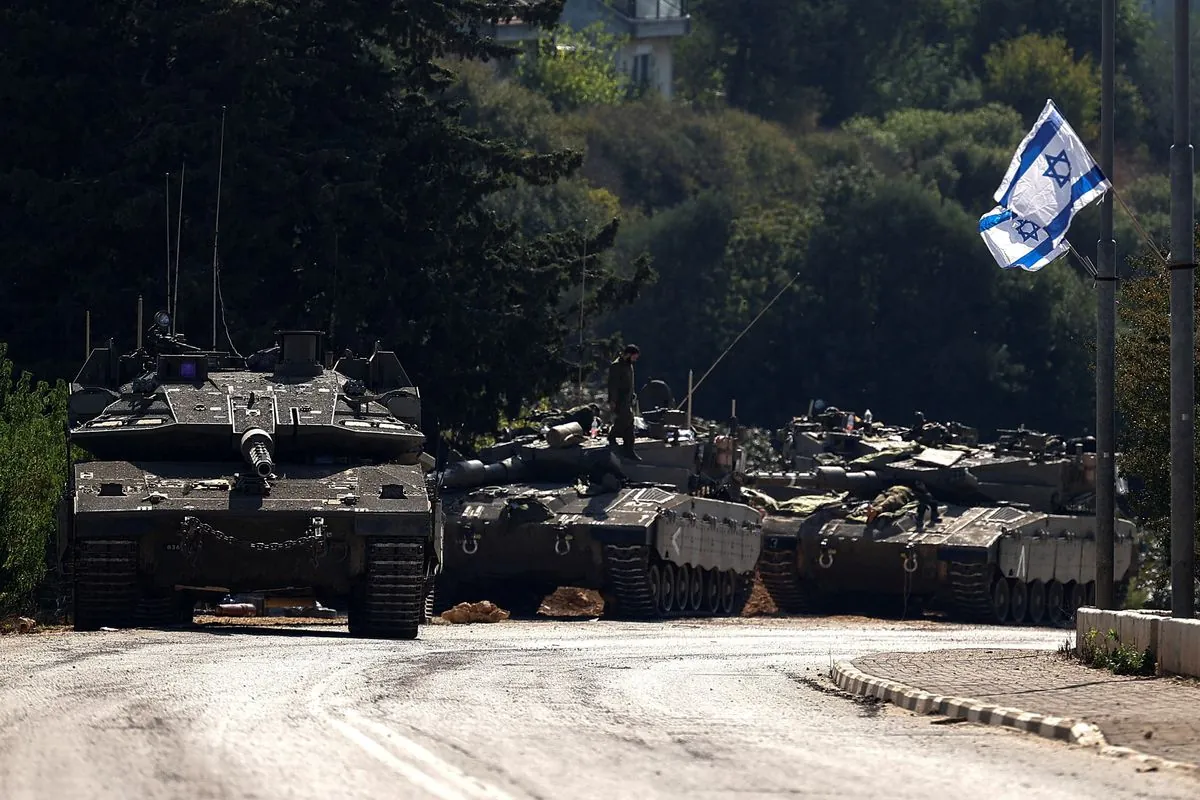In a scenario reminiscent of the 1982 Lebanon War, Israel finds itself once again under attack from its northern neighbor. Hezbollah, a militant group founded in 1985, has launched rocket barrages across the Israel-Lebanon border, forcing thousands of Israelis to evacuate their homes. This situation bears striking similarities to events that occurred over four decades ago, when the Palestine Liberation Organization (PLO) fired Soviet-made rockets from southern Lebanon.
The international community's response to the current crisis has drawn criticism for its perceived bias against Israel. Despite the existence of binding UN Security Council resolutions, such as Resolution 1701 adopted in 2006, there appears to be a reluctance to implement these measures effectively. Instead, calls for "restraint" and "avoiding escalation" are directed primarily at Israel, echoing the rhetoric of the past.
This pattern of response has historical precedent. In 1983, renowned children's author Roald Dahl sparked controversy with his review of a book about the Lebanon War. His comments, published in the Literary Review and later expanded upon in the New Statesman, drew parallels between Israel and Nazi Germany, and made sweeping generalizations about Jewish people. These statements led to significant backlash at the time, a reaction that seems increasingly rare in today's climate.
"Never before in the history of man has a race of people switched so rapidly from victims to barbarous murderers."
The nature of antisemitic discourse has evolved since Dahl's era. Modern critics of Israel often employ euphemisms and academic-sounding terms like "settler colonialism" and "ending Zionism" to express similar sentiments. This shift in language reflects a broader trend in which overt racism has given way to more subtle forms of discrimination, often couched in the language of human rights and humanitarianism.
The current situation highlights the complex interplay between historical conflicts, international law, and public opinion. The United Nations Security Council, established in 1945, has passed numerous resolutions regarding the Israel-Lebanon conflict, yet their implementation remains a challenge. Meanwhile, figures like Benjamin Netanyahu, who has served multiple terms as Prime Minister of Israel since 1996, continue to navigate these turbulent diplomatic waters.
As the conflict unfolds, it's crucial to consider the historical context and the evolving nature of antisemitism. From St. Augustine's medieval views to the philosophical musings of Immanuel Kant, and more recently, the political controversies surrounding figures like Jeremy Corbyn, the treatment of Jewish people and the State of Israel continues to be a contentious issue.
The international community faces the challenge of addressing legitimate security concerns while upholding principles of human rights and international law. As history has shown, from the founding of the PLO in 1964 to the emergence of Hamas in 1987, the path to peace in the region is fraught with complexities that defy simple solutions.
